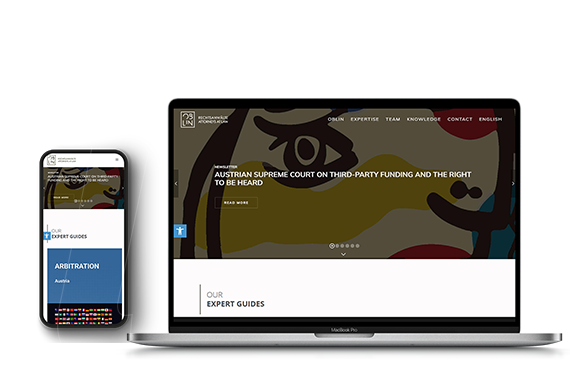Implementing measures to protect sensitive information, maintain client confidentiality, and ensure the integrity of legal services.

The measures and practices implemented by law firms and legal professionals to safeguard sensitive information, protect client confidentiality, and ensure the integrity of their marketing processes. Given the nature of legal work and the need to handle confidential client data, security considerations are crucial in all aspects of legal marketing.
Client Confidentiality:
Secure Communication:
Data Encryption:
Access Controls:
Employee Training:
Vendor Management:
Legal Compliance:
Document Management:
Incident Response Plan:
Client Portal Security:
Regular Audits and Assessments:
Physical Security:
Mobile Device Security:
Secure Wi-Fi Networks:
Regular Software Updates:
